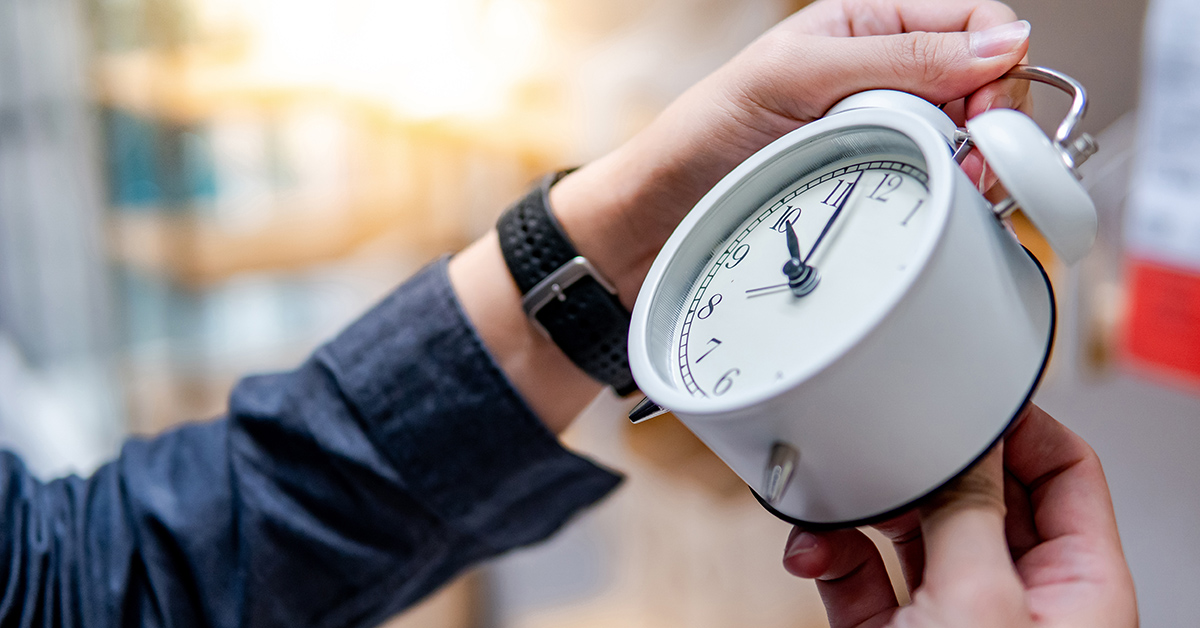Many people rely on a cup of coffee to jump start their morning. That boost of caffeine helps them wake up and take on the day. From a black cup of coffee to a latte topped with whipped cream, there are hundreds of ways to enjoy this tasty beverage.
Bulletproof coffee is one of the latest health trends. But before you jump on the bandwagon, be sure to learn what’s in the cup. Ashley Moody, MPH RD, registered dietitian at Bon Secours breaks down everything you need to know about your next coffee break.
What is bulletproof coffee?
Bulletproof coffee is one of the latest trends among low-carb dieters and coffee lovers alike. Usually, people add a bit of cream, milk or sugar to their coffee to cut the bitterness. But bulletproof coffee is about two cups of coffee blended with a couple tablespoons of grass-fed butter and a couple tablespoons of coconut oil or MCT oil. Rather than drinking this coffee with your morning meal, it’s designed to be a breakfast all on its own.
The downside of bulletproof coffee
This fat forward coffee itself isn’t exactly bad for you, however if you substitute it for a healthy breakfast, you’ll be missing out.
“Yes, a bulletproof coffee might reduce your appetite and give you an energy boost. However, it’s not giving you essential vitamins, minerals and other nutrients, like fiber, that you need for a healthy diet,” says Ashley.
What bulletproof coffee lacks in nutrients, it makes up for in calories. A cup of black coffee has zero calories. When you order a bulletproof coffee, it could have 450 to 500 calories. Plus, it’s packed with saturated fat. The 2015 – 2020 Dietary Guidelines recommend consuming less than 10 percent of calories each day from saturated fat. Why exceed the recommended limit in one meal when you can enjoy saturated fat in moderation throughout your day?
Better options for your morning coffee
Plain black coffee is your best option when it comes to a cup of morning coffee. You avoid the extra calories, fat and sugar from add-ins. However, not everyone enjoys the bitter taste of black coffee. Instead, you might add a bit of reduced fat or plant-based milk. Rather than sugar, consider adding cinnamon, cocoa powder or vanilla extract for a dash of flavor.
Avoid flavored creamers and fancy coffee drinks from your local coffee shop too.
“These items often contain lots of sugar and tend to be high in calories,” says Ashley. “One drink can have as much as the maximum recommended amount of sugar for the day.”
Including coffee in a healthy diet
Coffee can be a part of a healthy diet. If you’re not already a coffee drinker, there’s no reason to start though. The health benefits of coffee are readily available in several other foods and drinks.
Coffee shouldn’t be the only thing you have for breakfast. Balance it out with some fresh fruit, oatmeal or other whole grains and a bit of protein.
Learn more about the nutrition services offered at Bon Secours.





